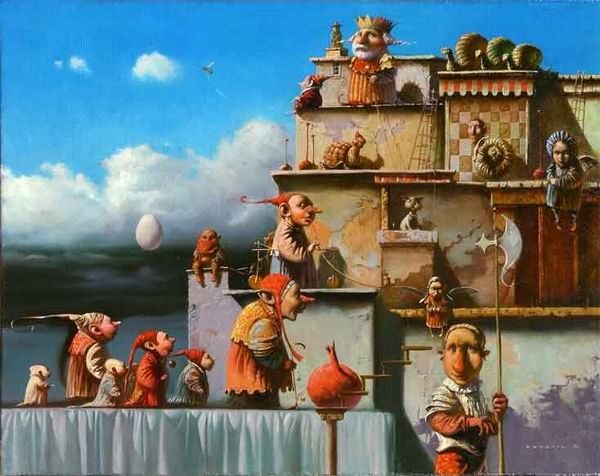
Why is Chess So Difficult to Learn?
Square one definition
Square 1 : the initial stage or starting point.
Adding to this definition Merriam-Webser gives recent examples on Web,
"But trying to leapfrog over the next steps could send us back to square one, experts say."
— Melody Schreiber, The New Republic, The Hard Truth About Antibody Tests, 17 Apr. 2020
Thank you, Merriam-Webster. 'Square one' comes from board games (remember Sorry? or Man, don't get angry in Serbian, my mother tongue, which is literal translation of the German original Mensch ärgere Dich nicht). The phrase is mostly used in 'Back to square one', meaning "to go back to the beginning, after a dead-end or failure".
And this is exactly what I need for the purpose! Well, 'dead-end' from the above definition is what actually happens in chess. We all experience a dead-lock at some point and then we start 'ploughing the air,' or 'flogging a dead horse' (alas, this seems to be true in all domains).
Here is GM Andrew Soltis in What It Takes to Become a Chess Master, Batsford, 2012.
"The vast majority of players who take chess seriously will hit a wall: Your rating may have been steadily rising when suddenly it stops. Some players will hit the wall at about 1500 strength, others at 1700, other higher.
"It is extraordinarily frustrating..."
The culprit? A failed Square One.
This is an area I have been researching for ten years now ever since I saw 1.e4 d5 2.Bd3 Bg4 3.exd5 in a game between two second-graders, six months into the game at the time. It turns out, the way we start teaching with the moves first is "fundamentally false" (Nimzovich, 1929). I argue that we need to start with Piece Relationships which can only bring meaning and understanding in the first, critical period of learning.

Hard nut to crack
Learning chess is a tough nut to crack. Why is it so?
Assuming you don't need to have a high IQ or to be a genius to learn how to play, the culprit quite naturally comes down to inadequate early teaching. There are no bad students, only bad teachers.
Early education is the key to future success in any domain. In chess, developing initial visual capacities (also known as chess board vision) is central to all chess experience. Without mastering these chess fundamentals it is much harder or even impossible to grasp more advanced concepts later on. Obviously, one cannot build up a skill or knowledge on shaky foundations...
This was how the first post in my 16-part Principia Scacchorum sequel started almost four years ago. You may want to read it in full here...
. Square One in the Mansion of Happiness, the most popular board game in Britain in early 1800s.
Square One in the Mansion of Happiness, the most popular board game in Britain in early 1800s.

